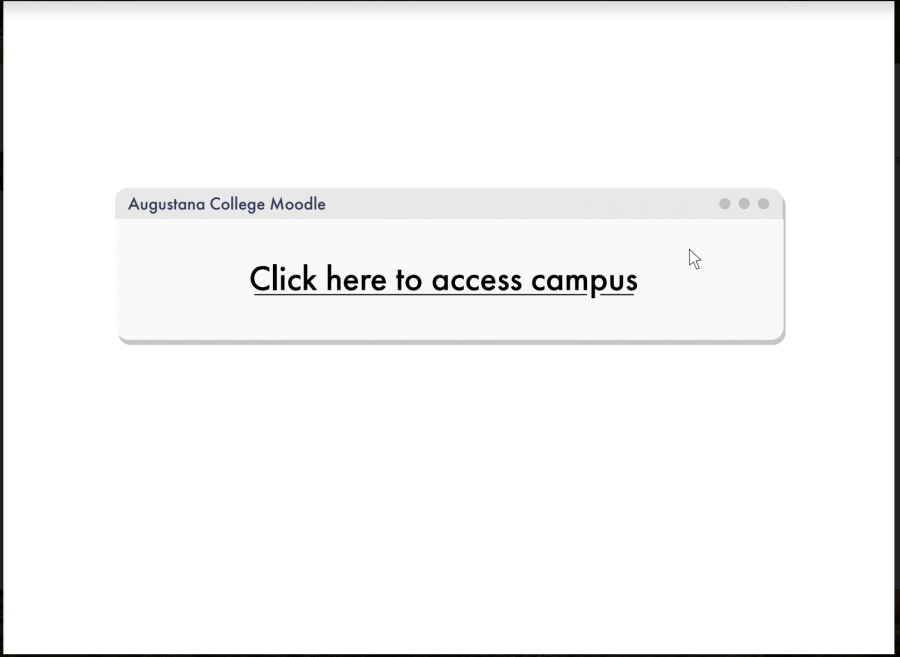Instructional videos, google hangouts and a theory-based approach: these are the ways that professors are adapting highly hands-on classes to be online.
All interactive classes, including labs, music ensembles and health/physical education (HEPE) classes will be modified to continue online so that students can continue to complete their courses and stay on track for graduation.
However, this presents many challenges for instructors and requires them to think creatively so that their students can still have the best experience possible.
Michelle Crouch is a professor of music and teaches individual lessons to students. For her, the biggest challenge is finding a way for technology to make up for the lack of face-to-face learning.
“My ears are finely tuned to sounds…I hear tongue tension and different qualities of their singing and I don’t know how well that’s going to come through in a microphone,” Crouch said.
Playing instruments, doing group work or modeling an elementary classroom setting are all vital parts of being a music education major that are difficult to replicate online, according to junior Sabrina Massa.
“You gain so much emotional connection sitting next to people and singing…it’s the emotional part of these classes, the human connection, that’s going to be missing,” Massa said.
Physical education classes will be losing the essential “physical” component to their courses. Now, they will be moving to a new classroom style of learning.
“We’ve pretty much never had any classroom work that’s ever been done,” Jon Miedema, tennis instructor and varsity tennis coach, said.
For HEPE classes, athletic director Mike Zapolski said there are a few different options. Some activities can be adapted to be done at home. Instructors can issue an exercise plan or have their students watch instructional videos.
 The goal is to make HEPE classes more focused on general fitness and theory-based learning, according to the guidelines sent to Zapolski from the Academic Dean’s Office.
The goal is to make HEPE classes more focused on general fitness and theory-based learning, according to the guidelines sent to Zapolski from the Academic Dean’s Office.
Miedema will be using instructional videos and having his students send clips of them doing simple strokes and movements at home.
For lab courses, the biggest challenge is that they require specialized equipment and instruction that students simply don’t have access to at home.
“It’s not really the kind of thing you can do in your kitchen,” Dr. Pamela Trotter, professor of chemistry, said.
Luckily, Trotter’s biochemistry class completed most of the labs for the semester. From now on, she will have them watch online videos demonstrating the lab and use online video chat rooms to do discussions.
While the situation is not ideal, professors and students are working hard to come together and make the best of online learning.
“Have faith in your professors because I know that they’re working really hard to make their courses the best that they can online,” first-year Jonathon Jaworowski said.
And while the drawbacks and obstacles to online learning for these classes are concerning, Crouch said to appreciate the struggle that these unprecedented times present.
“Our plans may come to fruition or they may not, or they may not happen exactly as we thought,” Crouch said. “But in the process, we are growing and discovering.”
Graphics by Kevin Donovan
Categories:
Taking the class out of the classroom: the challenges of online learning
March 26, 2020
0
Tags:
More to Discover











































































































